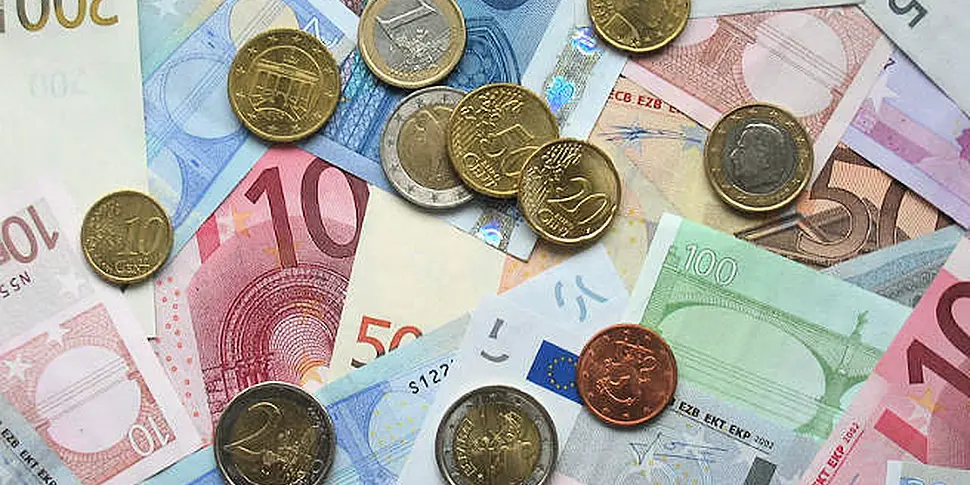Shops in Wexford will round cash transactions to the nearest five cent (prices already divisible by 5c will be unaffected). However, the trial will be entirely voluntary, with customers still able to request exact change or pay with the smaller denominations.
The experiment is being conducted with the assistance of the Central Bank's National Payments Plan, which has been established to both promote the use of electronic payments and make cash use more efficient.
Rounding up or down cash payments - also called Swedish rounding - and the abolishment of smaller denomination coins has been introduced successfully in other European countries. Belgium, the Netherlands and Finland are some of the Eurozone countries to allow Swedish rounding to the nearest five cent, with Finland having had the policy in place since day one of the currency.
National banks have claimed the coins are too expensive to mint and distribute, while some businesses have argued the small denominations are too awkward and costly to deal with. As most are undoubtedly aware, another common complaints about all cash users is how the small denominations accumulate, clogging up wallets & purses.
Despite a majority of Europeans being in favour of the removal of 1c and 2c coins (with Belgians most in favour and Germans most opposed), the European Commission's general recommendation is "Member States should not adopt new rounding rules to the nearest five cent". One of the most commonly cited arguments is that prices such as 99c are more appealing to customers than €1.









